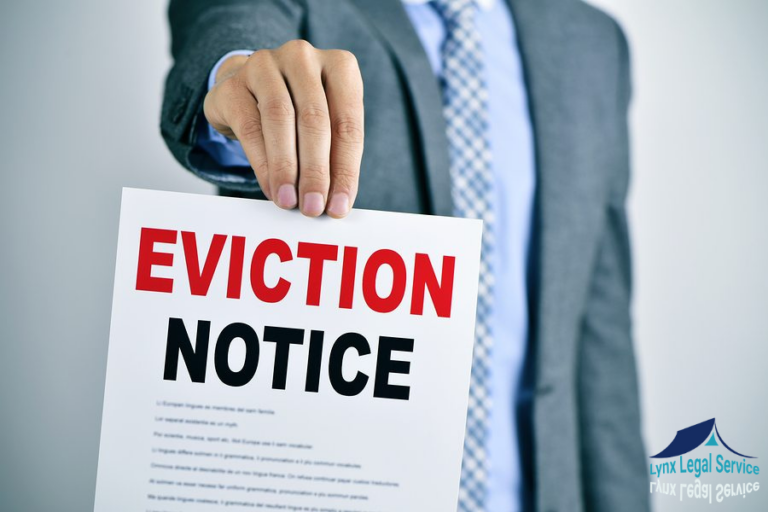Overview Of Arizona Commercial Property Evictions
Commercial property owners should fully understand Arizona’s landlord-tenant laws addressing tenant evictions, since non-compliance with those laws can result in an unnecessary waste of time and resources. In Arizona, there are two basic ways a commercial landlord can recover possession of a commercial property rented to a problem tenant.
First, unlike many other states, Arizona permits commercial property owners to engage in a “self-help” lockout procedure to evict a tenant. Second, a commercial property owner can evict a tenant by utilizing the court process. This article provides a brief overview of both of those procedures.
Landlord Lockout
In Arizona, a landlord is allowed to recover possession of property from a defaulting tenant who “neglects or refuses to pay rent when due and in arrears for five days, or when a tenant violates any provision of the lease….” ARS 33-361. Accordingly, for commercial leases generally, the Arizona Landlord and Tenant Act permits lockouts if a commercial tenant is more than five (5) days late with a rent payment, or if he has violated the terms of the lease.
Before implementing this procedure, you should carefully review the terms and conditions of the lease agreement. Despite the very broad repossession power given to commercial landlords by Arizona law, an Arizona landlord must follow any specific procedures found in the lease. Courts will enforce lease agreements between commercial landlords and tenants, and most commercial leases require that landlords provide some type of notice and follow other procedures before landlords can take any action against their tenants.
Although a commercial landlord may have the right to lock-out a defaulting tenant, there are some limitations carved out by Arizona law. The default must be a material breach of the lease. Further, landlords are not permitted to lock tenants out when they are physically occupying the premises. Additionally, landlords must not breach the peace when conducting a lock-out.
Enlisting Court Involvement
As an alternative to locking out a tenant, an Arizona commercial landlord can file an eviction lawsuit against the tenant. This procedure can be utilized when a commercial tenant fails to pay rent for five days or breaches any material lease terms. The landlord can take the matter before a court by filing a forcible detainer action. These cases must be tried not less than five nor more than thirty days after commencement. When these matters go before a court, the court will determine the right to actual possession and may also assess damages, attorney fees, and costs.
One reason a landlord may want to pursue an eviction lawsuit is that it has the advantage of being the quickest and easiest method to obtain a money judgment against the tenant. Another reason an Arizona commercial landlord might consider an eviction lawsuit is to limit any potential liability that may arise from making an error in the lock-out process.
If the judge rules in your favor and allows the eviction to proceed, you can request a writ of possession that will allow you to legally evict the tenant and take possession of your property. You can use the writ to have a county sheriff remove your tenant if they are still on the property.
The eviction process may seem complicated and confusing, especially if you are just starting out in the property rental business, or have been fortunate enough to steer clear of problem tenants. Lynx Legal Service can help make the process easier by ensuring your documents are in tip-top form, and your case is properly managed from start to finish. Should you have any questions or would like to start a case please contact us at 888-441-2355 or info@lynxlegal.com. Our representatives are standing by to help with any eviction-related issues that may arise in the course of your rental property business.
